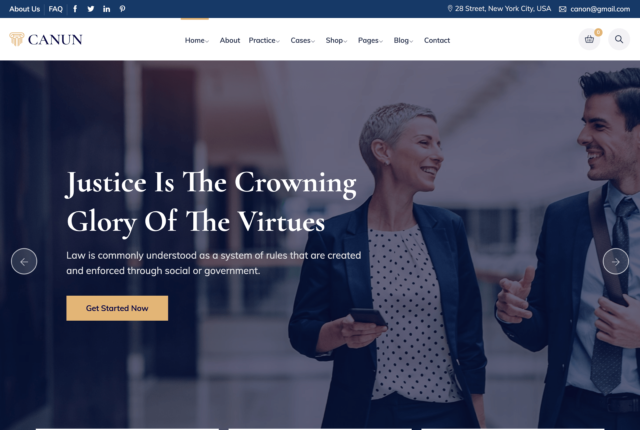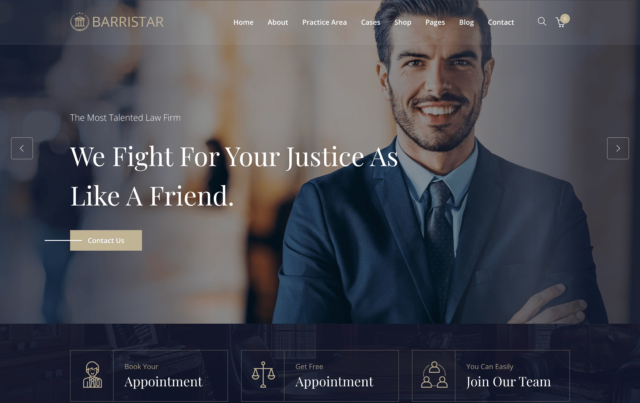In an increasingly digital world, online communities have become hubs for individuals seeking advice, sharing experiences, and building connections. For law firms, these communities present a unique opportunity to engage directly with potential clients, build trust, and establish authority in your practice area.
This article explores how law firms can effectively leverage online communities to build meaningful client relationships and outlines practical steps to make this strategy a success.
The Value of Online Communities for Law Firms
Online communities are virtual spaces where people gather around shared interests or concerns, often seeking advice or guidance. Platforms like Facebook Groups, Reddit forums, and even LinkedIn communities provide fertile ground for attorneys to connect with potential clients on a personal level.
By participating in these spaces, law firms can:
- Build trust by offering helpful, non-promotional advice.
- Establish authority as experts in specific legal areas.
- Gain insights into client pain points and concerns.
- Foster relationships that can lead to referrals and future clients.
Ways to Interact with Online Communities
1. Provide Value Through Content
Engage with communities by sharing valuable, educational content tailored to their needs. For example:
- Answer legal questions in a clear, accessible way without offering specific legal advice. This will help with your website’s SEO rankings.
- Share blog posts, infographics, or videos that address common legal concerns.
- Provide updates on changes in laws that may impact community members.
For instance, if you’re part of a Facebook Group for small business owners, you could share an article on avoiding common pitfalls in business contracts.
2. Host Live Q&A Sessions
Many online communities welcome experts who offer to host live Q&A sessions. This is an excellent way to showcase your expertise and engage directly with the audience. Platforms like Reddit’s AMA (Ask Me Anything) series or Facebook Live sessions allow you to answer questions in real-time, demonstrating your approachability and knowledge.
3. Participate in Relevant Discussions
Join ongoing discussions to provide thoughtful and helpful input. For example, if someone in a parenting forum is asking about custody rights, you can provide general information about the topic while gently directing them to resources on your website.
Be mindful of your tone—avoid hard selling and focus on building rapport by being genuinely helpful.
4. Collaborate With Community Leaders
Partner with moderators or administrators of online communities to offer tailored content or events. For example, you could host a webinar or write a guest post for the community, ensuring your insights reach a targeted audience while respecting community guidelines.
5. Share Success Stories and Testimonials
While maintaining client confidentiality, share success stories or testimonials that highlight your ability to solve legal challenges. Real-life examples help humanize your firm and build trust within the community.
6. Monitor Community Trends
Stay active in online communities to monitor trends, concerns, and recurring questions. These insights can help you develop targeted marketing campaigns, create relevant content, and refine your approach to serving clients.
How to Put This Into Practice
Step 1: Identify the Right Communities
Find online communities where your target audience is active. For example:
- Family Law: Parenting forums, single-parent groups, or custody support communities.
- Business Law: Entrepreneurial Facebook Groups, LinkedIn professional networks, or Reddit’s r/Entrepreneur forum.
- Personal Injury: Local Facebook Groups or forums discussing medical or workplace issues.
Search for communities on platforms like Facebook, Reddit, LinkedIn, or even niche-specific forums.
Step 2: Understand the Community Rules
Before engaging, familiarize yourself with the community guidelines. Many groups prohibit overt self-promotion but welcome members who contribute genuinely useful information.
Step 3: Create a Community Engagement Plan
Develop a strategy to engage consistently. For example:
- Dedicate time weekly to answering questions or participating in discussions.
- Share a mix of helpful content, such as blog posts, videos, or legal tips.
- Track your engagement and results to see which approaches resonate most.
Step 4: Use Your Law Firm’s Branding
When possible, engage with a branded profile (e.g., “John Smith – Family Law Attorney”) to maintain transparency and establish your professional identity.
Step 5: Measure Results
Track the impact of your community engagement. Use metrics like website traffic from shared links, increased social media followers, or inquiries mentioning the community where they found you.
Benefits of Engaging With Online Communities
Engaging with online communities can yield long-term benefits for your law firm, including:
- Stronger Relationships: Building trust by being approachable and helpful fosters long-term relationships with potential clients.
- Increased Visibility: Consistent participation positions your firm as a go-to resource within the community.
- Enhanced Reputation: Your willingness to provide free value establishes your firm as client-focused and trustworthy.
- More Referrals: Community members often refer others to professionals they’ve seen actively helping others.
Conclusion: A Modern Approach to Client Relationships
Participating in online communities is more than just a marketing strategy—it’s a way to build authentic connections with potential clients. By offering value, engaging thoughtfully, and respecting the dynamics of these communities, law firms can establish trust, showcase expertise, and ultimately attract clients.
Start exploring online communities today to connect with your audience in meaningful ways and position your law firm as a trusted resource.








